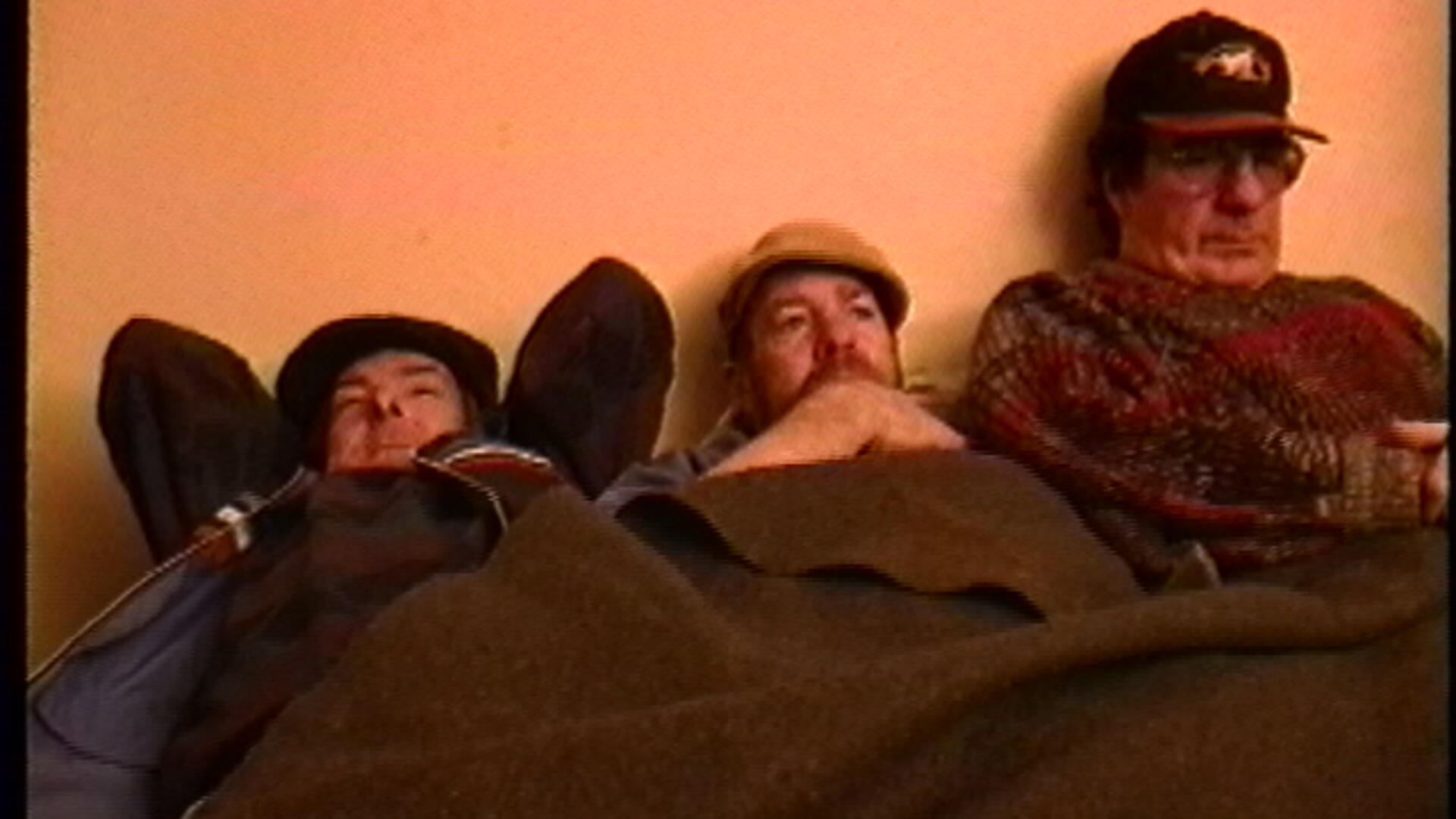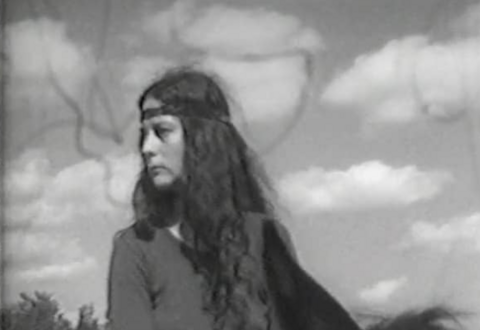Erratic Angel

Are erratic angels fallen angels? When we meet forty-eight-year-old Colin, the main character of the film, he is walking under the flyover of a motorway. He is on foot while those who play the game by society's rules whizz by a few feet above his head at the driving wheels of their Cadillacs. He dropped out long ago and lives alone forgotten by his family. He used to be a junkie and an alcoholic, now he is a marginal and develops analytical and self-justifying arguments which sometimes turn into a flow of jumbled words. Cumming introduces us to the everyday realities of this character with honesty. Filming on his own in video, he takes a different approach from the usual portrait, he doesn't magnify anything, nor does he idealise, he simply shows the raw truth: nakedness, destitution, lies, but also regrets, tenderness or the expression of common sense. Sequences follow showing each detail of Colin's life in the manner of a rigorous Perrec who from the description of a pile of objects or from a haircut sketches the main events in a life. This research is rendered sensitive through a formal approach using a steady cam and which allows Cumming to let his eye wander. Without distracting from speech the hand directs the lens beyond the face to enrich the word with shots that step out of sequence, out of the frame, and to where reality is shown as it is. This reality sometimes makes one feel uneasy but this uneasiness is the strength of erratic angel.
Yann-Olivier Wicht, Visions du réel, 1999
Credits
Technical information
Documentation
Drug addiction, Drug, Distress, Disease, Downfall

























